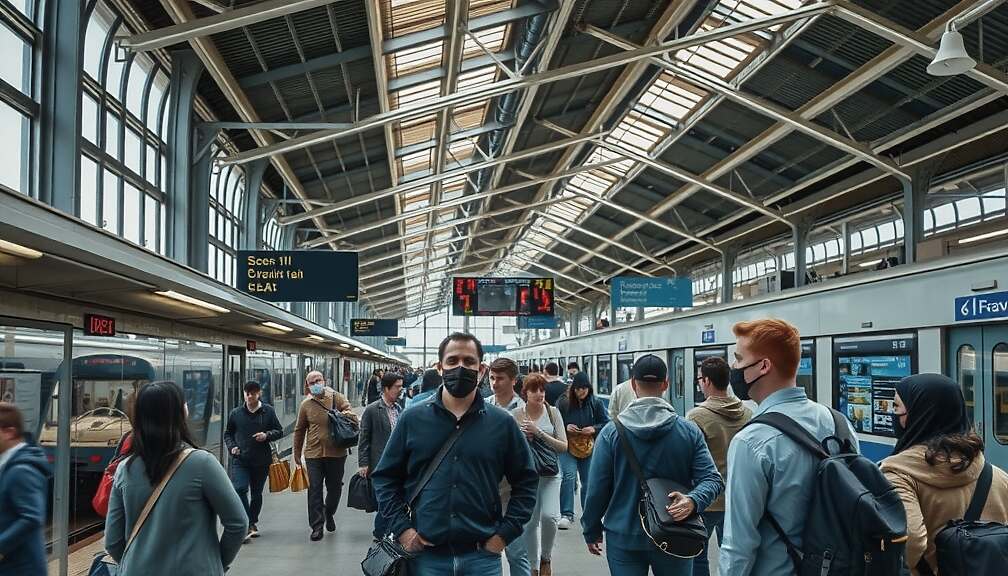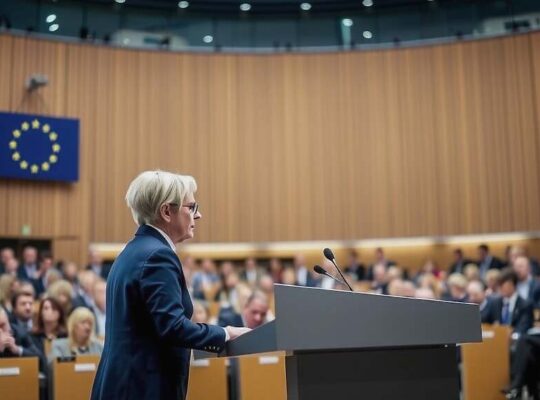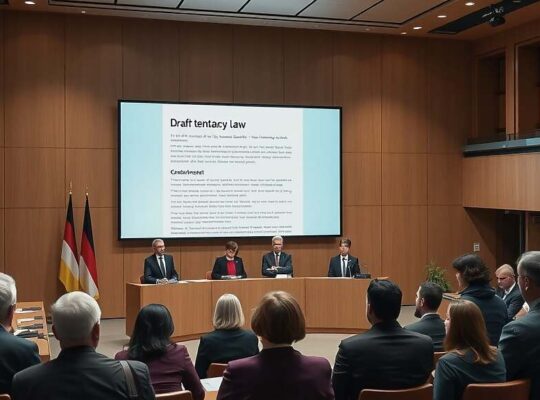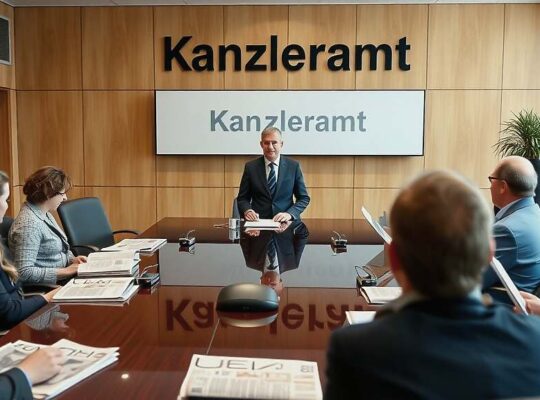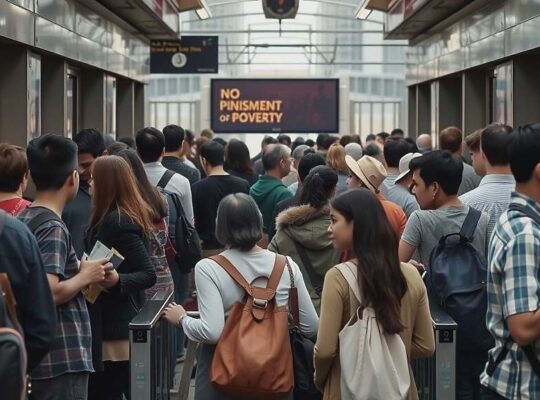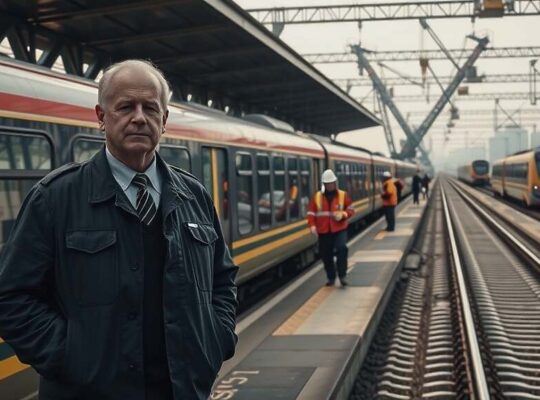Reports circulating indicate that Deutsche Bahn (DB), the German national railway company, is considering significant cutbacks in its tourist services. A detailed 183-page document purportedly outlining the 2026 schedule suggests a shift toward prioritizing lucrative high-speed routes and business travelers.
According to the Tagesspiegel newspaper, this shift could lead to a reduction in the density of regional routes and a reallocation of train services.
Specific proposed changes include the discontinuation of direct connections between Berlin and Westerland (Sylt) and between Hamburg and Berchtesgaden/Oberstdorf, starting next year. The frequency of services to Lake Constance and Garmisch will reportedly be halved and the Railjet route connecting Frankfurt, Stuttgart, Lindau and Arlberg is slated to be eliminated.
These potential changes would leave cities such as Tübingen and Lübeck entirely without long-distance rail connections, following a previous decision to discontinue IC services to the Baltic Sea coast in Ostholstein. The direct route between Stuttgart and Norddeich, crucial for ferry connections to North Sea islands and the extension of the ICE line from Frankfurt to Rostock, are also reportedly at risk.
Kiel is projected to lose direct connections to Cologne, Munich and Basel. The “Prinz Eugen” train, which has provided a direct route between Hamburg and Vienna via Plattling/Passau for decades, is also slated for removal.
The report further suggests interruptions to many previously direct connections between Frankfurt, Stuttgart and Austria and a removal of connections for the ICE Line 20 when passing through Basel. Additionally, the ICE Line 26, formerly a highly successful Intercity route between Hannover, Marburg, Gießen and Frankfurt, would see its frequency reduced from every two hours to every four. Furthermore, a train pair on the Dortmund-Siegen-Frankfurt line will be removed, with plans to fully discontinue the service by 2027.
Deutsche Bahn has refuted the claims of a schedule reduction. A spokesperson stated that the opposite is true, asserting that despite ongoing construction, the company aims to maintain a high level of service and expand routes based on demand. They acknowledged adjustments due to construction, seasonality and demand. A spokesperson described the schedule as an evolving process and highlighted that any specific lists are “in parts incorrect”, noting that direct trains between Berlin and Westerland will return following track renovations.
The Ministry of Transport echoed the partial denial and stated that the reported changes are unrelated to a new strategy expected to be announced by the ministry. The finalized schedule will be revealed on September 22nd, when Transport Minister Schnieder is also expected to unveil the planned future direction of the state-owned company and potentially introduce a new DB leadership.


